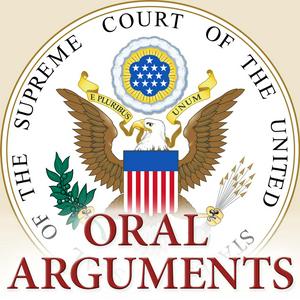[24-7] Diamond Alternative Energy LLC v. Environmental Protection Agency
Diamond Alternative Energy LLC v. Environmental Protection Agency
Justia · Docket · oyez.org
Argued on Apr 23, 2025.
Petitioner: Diamond Alternative Energy LLC.Respondent: Environmental Protection Agency.
Advocates: Jeffrey B. Wall (for the Petitioners)
Edwin S. Kneedler (for the Federal Respondents)
Joshua A. Klein (for the State Respondents)
Facts of the case (from oyez.org)
In 2012, California applied for a waiver from the Environmental Protection Agency (EPA) to implement its Advanced Clean Car Program, which included two key components: a Low Emission Vehicle Program to reduce carbon dioxide emissions by 34% for new cars in Model Years 2017-2025, and a Zero Emission Vehicle Program requiring about 15% of manufacturers’ fleets to be electric cars by 2025. The EPA granted this waiver in 2013, and automobile manufacturers began investing to meet these requirements.
However, in 2019, under a different administration, the EPA withdrew the 2013 waiver, arguing that state greenhouse gas regulations were preempted by federal fuel economy standards, that California’s standards weren’t necessary to meet “compelling and extraordinary conditions,” and that California could not show a direct connection between greenhouse gas emissions and its air pollution problems. After this withdrawal, several automakers like Honda, Ford, and BMW voluntarily agreed to continue meeting California’s standards due to their existing investments and growing consumer demand for electric vehicles. In 2022, under yet another administration, the EPA reversed course again and reinstated the 2013 waiver, prompting challenges from various states and fuel industry groups who argued that California should not receive special treatment and that climate change is not a “compelling and extraordinary condition” justifying state-specific standards. California, environmental organizations, and automobile manufacturers intervened to defend the EPA’s decision.
The D.C. Circuit dismissed most of the claims for lack of standing, finding that challengers had not shown that their injuries were redressable by a favorable decision.
Question
May a party establish the redressability component of Article III standing by pointing to the coercive and predictable effects of regulation on third parties?
